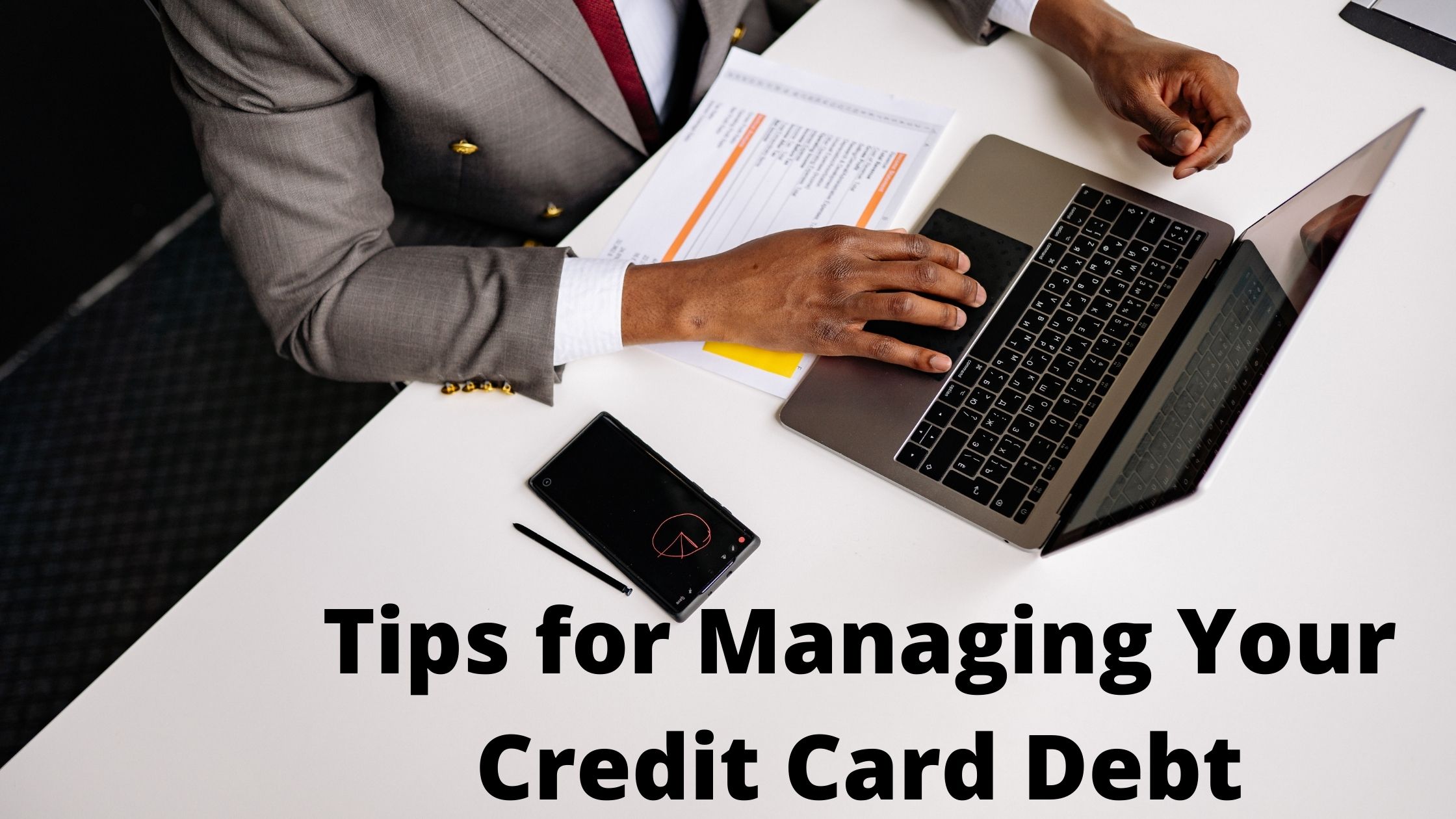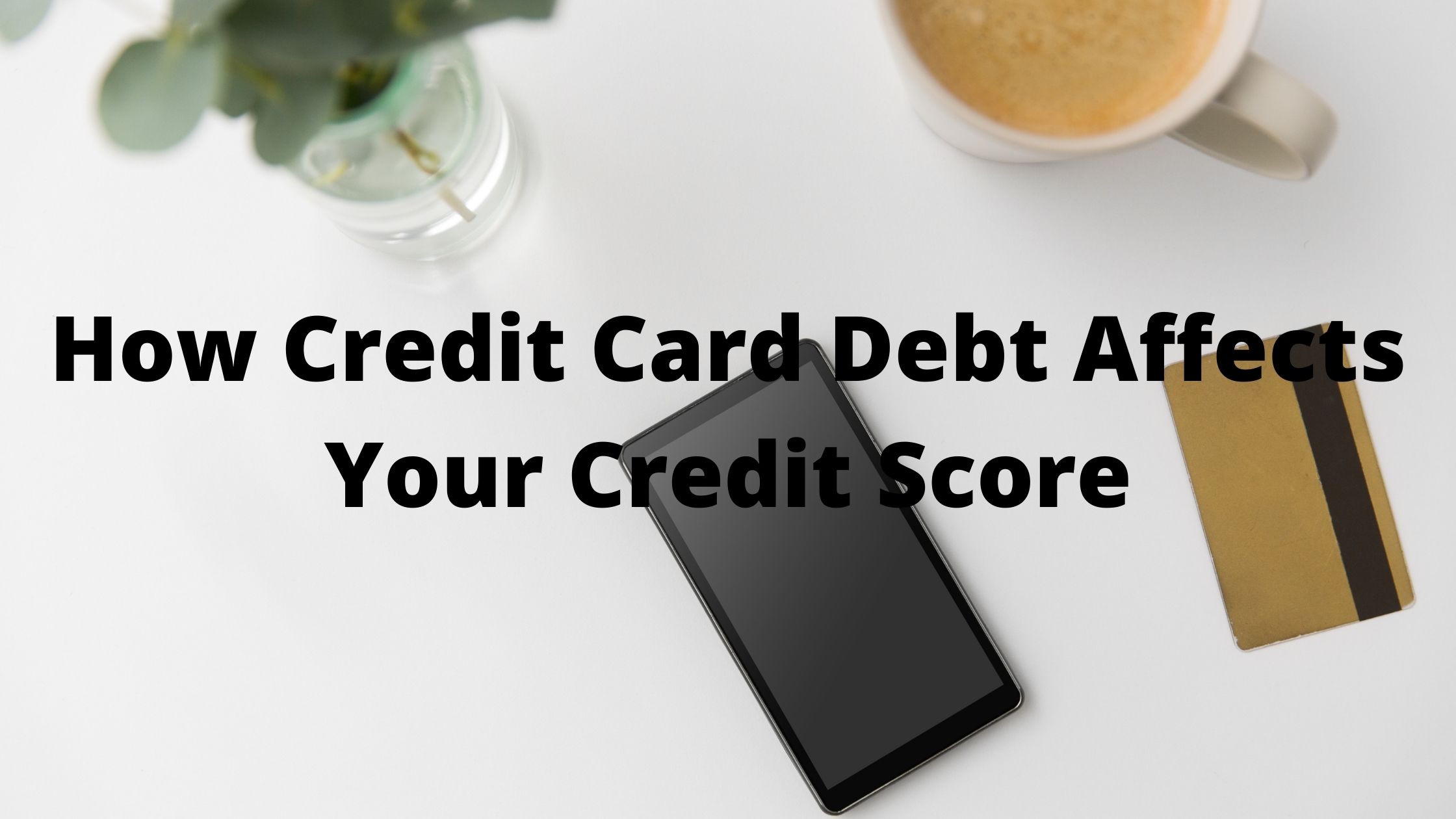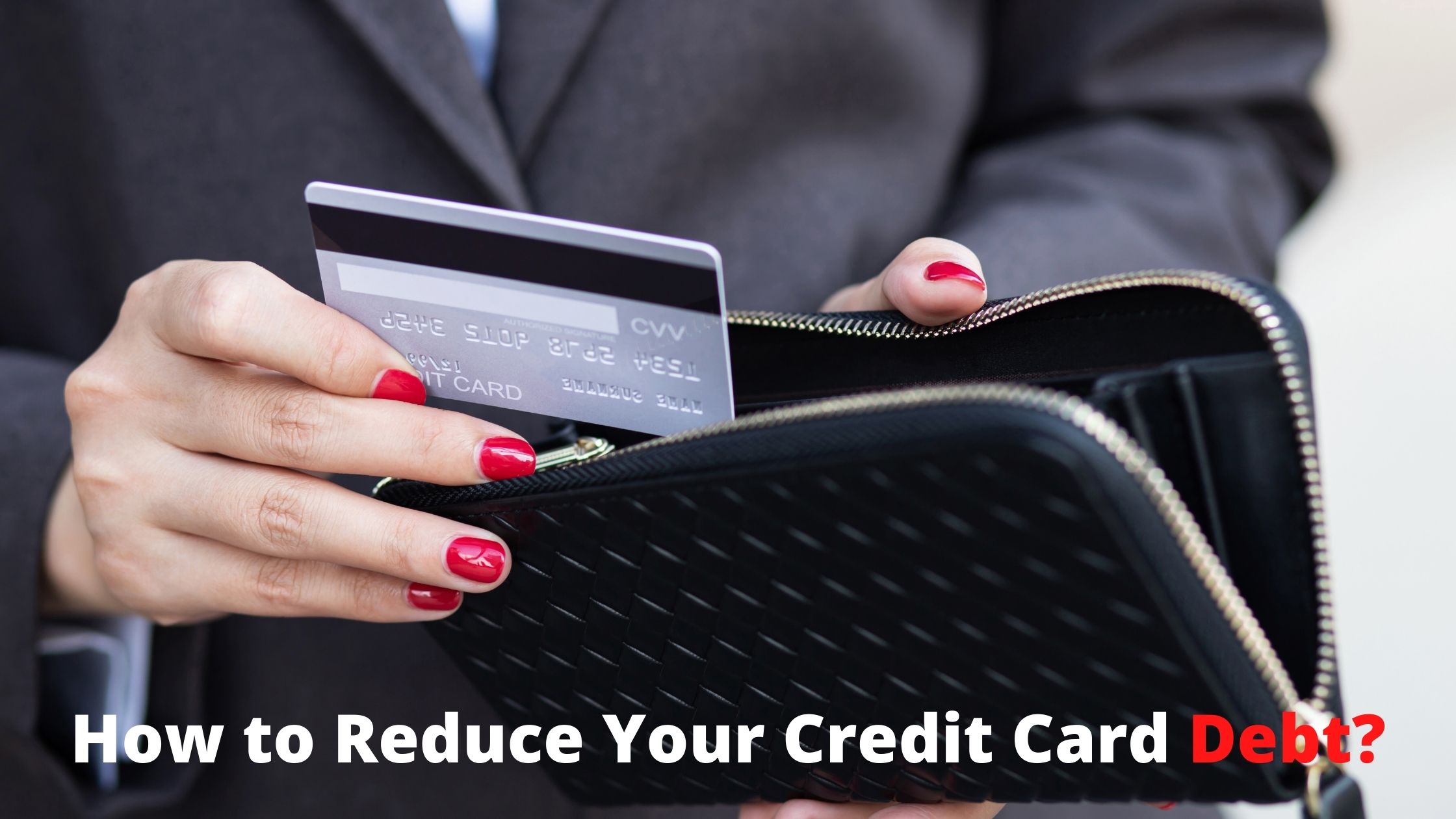Covid-19 is here, and with it comes a whole new set of financial challenges. While many people are gearing up for the festivities by maxing out their credit cards and living large, there are also those of us who need to watch our spending carefully in order to avoid getting into too much credit card debt. In this guide, we’ll outline everything you need to know about managing your credit card debt during Covid-19, including how to stay within your limits, when to pay off your cards, and more. So come prepared and stay stress-free during Covid-19!
Understanding Covid-19
Credit card debt can be a tough problem to solve, but there are ways to manage it effectively. In this guide, we will discuss some of the most important tips for managing credit card debt.
First and foremost, always keep an eye on your spending habits. Make sure that you are aware of all of your spending patterns and that you are not overspending on frivolous items. This will help you to avoid falling into credit card debt traps.
Second, make sure that you are using your cards responsibly. Pay your bills on time and in full every month. Do not use your cards to purchase high-interest loans or expensive items that you could easily afford without using a credit card.
Third, try to get a good interest rate on your credit card debt. Your rates may vary based on your credit score, but there are often opportunities to get low rates on credit cards if you are willing to pay off your balance in full each month. This will help you to save money over the long term.
Fourth, create a budget and stick to it religiously. Create a budget template or use an online budgeting tool to keep track of all of your expenses and debts. This will help you to stay within
How Credit Card Debt Affects Your Credit Score
Credit card debt can have a big impact on your credit score. Here are three ways that credit card debt affects your credit score:
1. Debt utilization ratio: This is the percent of your total credit limit that you are currently using. For example, if you have a $5,000 limit and are using $2,000 of it, your debt utilization ratio is 50%. The higher the percentage, the worse your credit score will be.
2. Length of credit history: Having a long history of good credit scores means that lenders are more likely to give you a loan in the future. However, having too much debt can also hurt your credit score. Lenders look at how much debt you have compared to your available Credit Limit and how long you have had that debt. If you’ve had a lot of short-term loans (less than 10 years), for example, lenders may view this as an indication that you won’t be able to repay them and they may not give you a loan.
3. Credit utilization: This is simply how much of your total available Credit Limit you are currently using. For example, if you have a $5,000 limit and are using $1,500 of
The Different Types of Credit Cards
Credit cards are one of the most common ways to borrow money. There are many different types of credit cards, which can help you get the best possible deal.
There are two main types of credit cards – revolving and fixed-rate. revolving credit cards are the most common type, and you use them to borrow money from your account. This means that your credit limit will always stay the same, and you won’t have to worry about Interest Rate Changes.
fixed-rate credit cards are different. These cards have a set interest rate for the entire term of the card, which is typically for a set number of months or years. If you don’t pay off your balance in full each month, the interest rate on your card will increase.
There are also hybrid cards, which combine features of both fixed-rate and revolving credit cards. This is a good option if you want some flexibility in terms of how much you can borrow, but you want to avoid high interest rates.
Once you know what type of credit card is right for you, it’s important to understand how to use it correctly. Pay your bills on time so that your credit score remains positive and limits are never increased unnecessarily.
How to Reduce Your Credit Card Debt?
1. To reduce your credit card debt, start by reviewing your spending habits.
If you can identify which expenses are causing you to spend more than you can afford, you can begin to curb those expenses. This means cutting back on things like unnecessary shopping sprees or entertainment bills.
Next, make sure that you’re paying off your credit card debts as quickly as possible. If you have multiple credit cards with different interest rates, it’s important to pay all of your debts with the highest rate first. This will help to decrease the amount of interest that you’re paying each month.
2. Consider using a Debt Consolidation Service
If you still can’t manage to reduce your credit card debt on your own, consider using a debt consolidation service. These services take on all of your debt and offer lower interest rates than what you would find at a bank or credit union. Make sure to compare multiple services before choosing one.
Tips for Managing Your Credit Card Debt
If you are feeling overwhelmed by your credit card debt, there is help available. Here are some tips on how to manage your debt successfully:
1. Do not use your credit cards for unnecessary spending. Instead, use them to pay off your high-interest debt first. This will reduce the overall amount of debt you owe and make it more manageable.
2. Always keep track of your monthly balance and payments. This will help you to stay on top of your debt and make informed decisions about whether or not to continue making payments.
3. Talk to a financial advisor about your options for managing your debt. They can provide guidance and advice on the best way to reduce or eliminate your debt.
Conclusion
Covid-19 is coming up and many people are likely feeling overwhelmed with the prospect of trying to manage their credit card debt. In this guide, we will be discussing everything you need to know in order to make sure that your debt is managed responsibly during Covid-19. From setting financial goals and targets to understanding your credit score and how it impacts borrowing capacity, we have covered everything you need to get started. Make sure you read through this guide carefully so that you can put Covid-19 in the best possible light!

